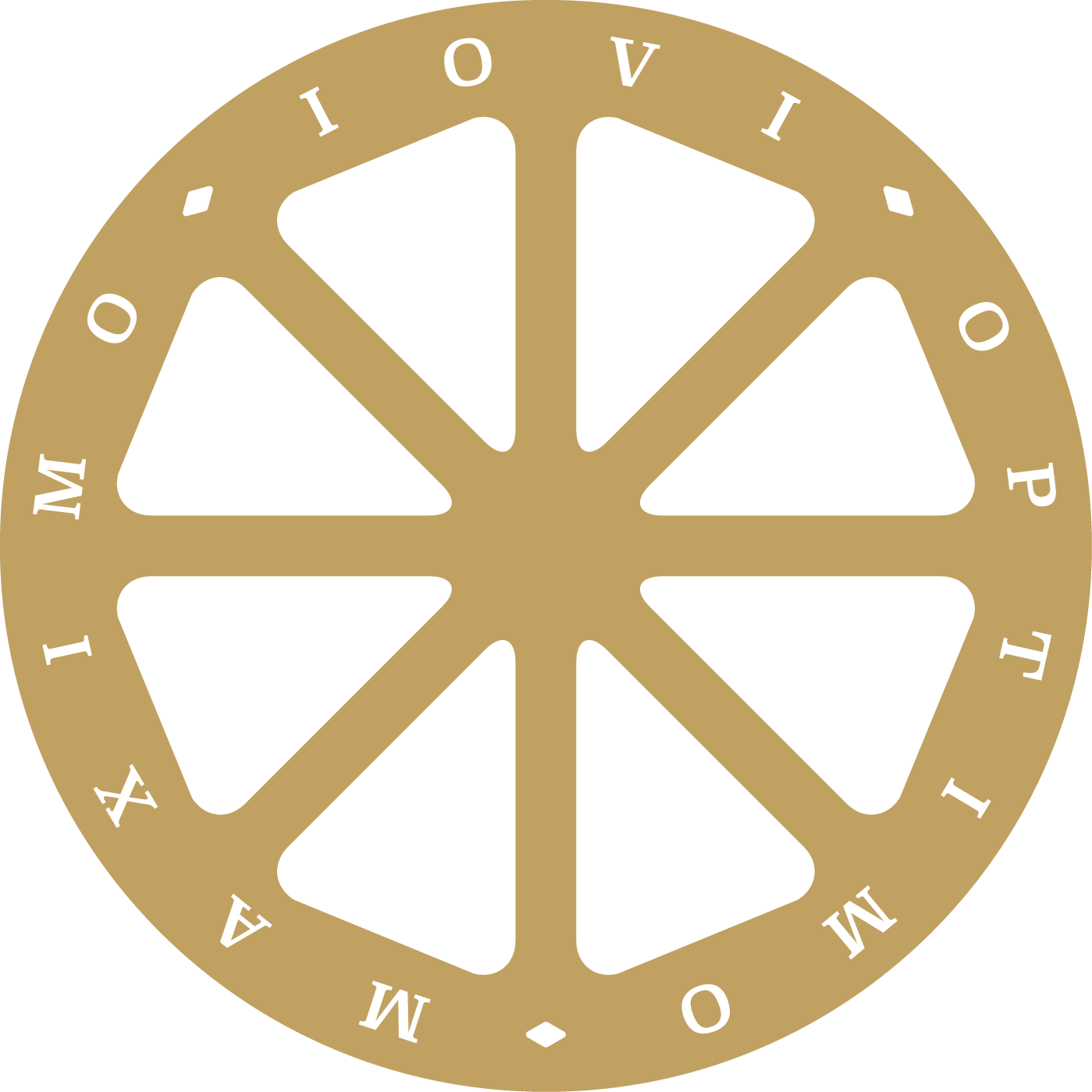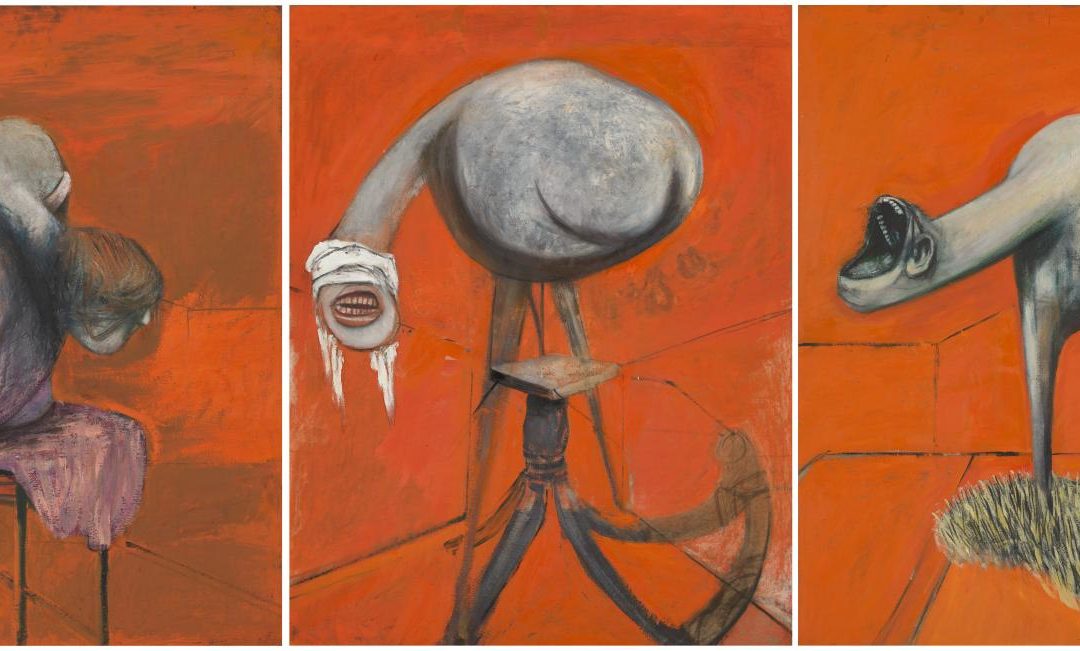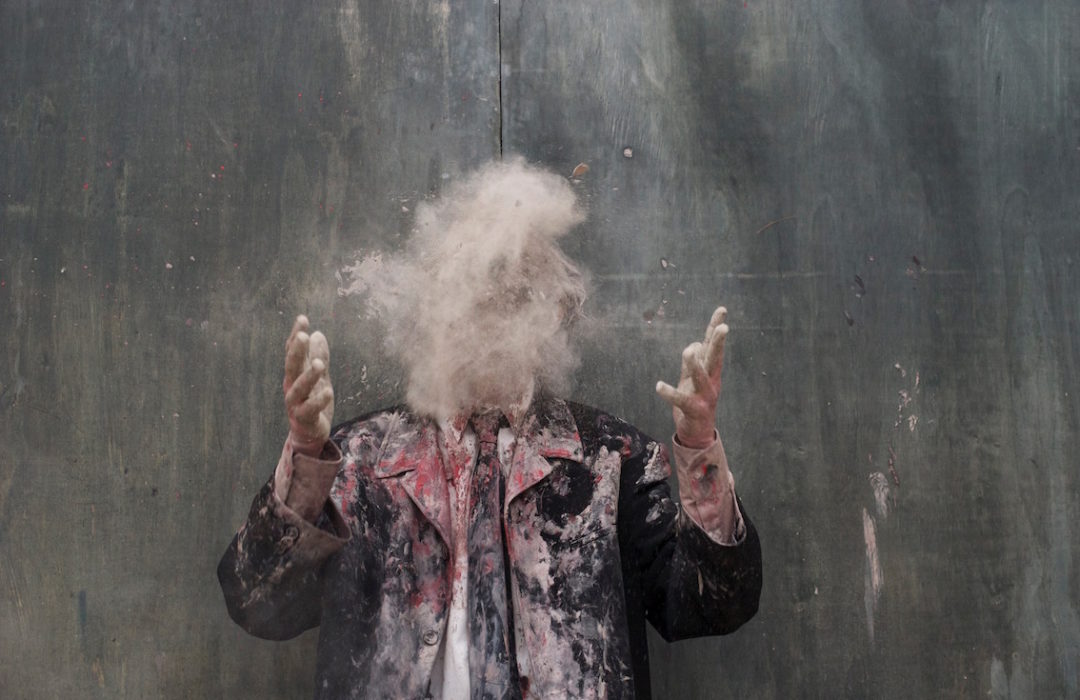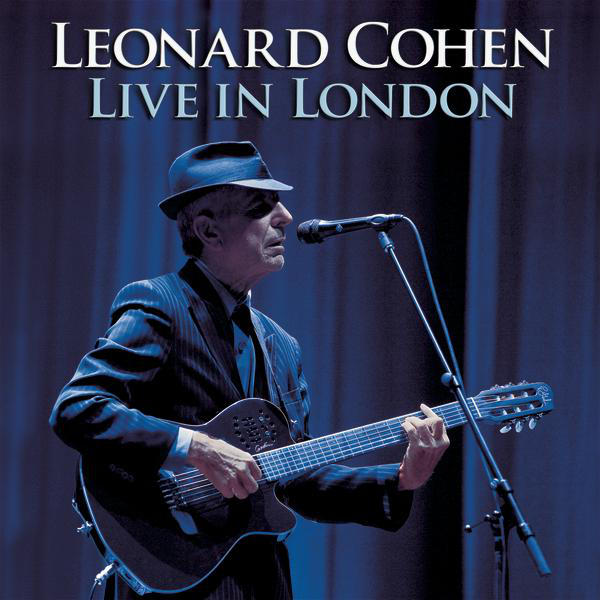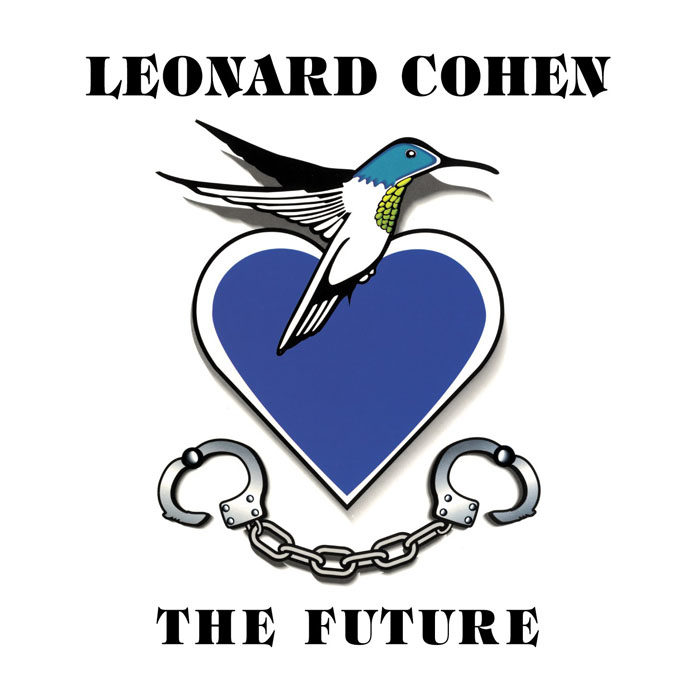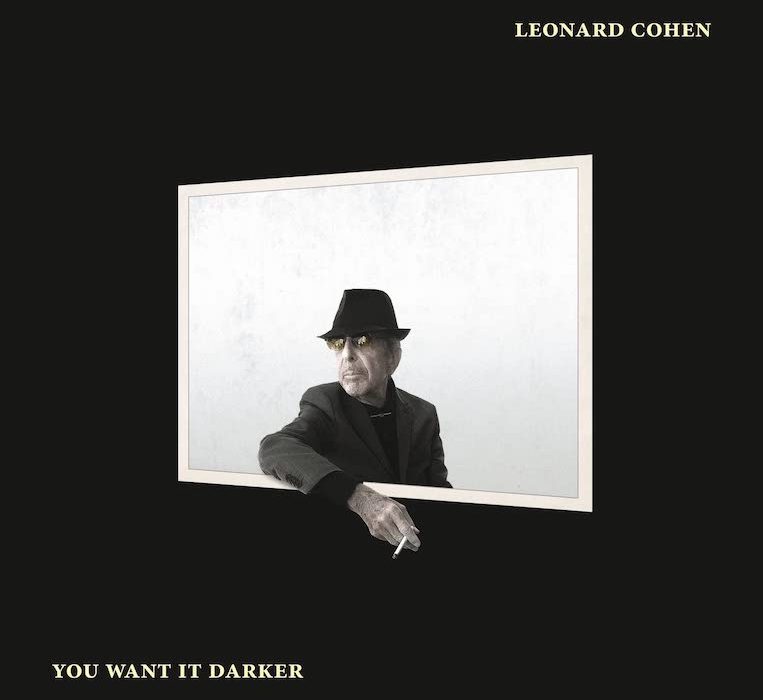
Leonard Cohen
It Seemed The Better Way
Da You Want It Darker (2016)
La dimensione religiosa è assai presente nella musica di Leonard Cohen, nei suoi testi. In Sembrava il modo migliore questa dimensione assume le cadenze del disincanto verso una fede contro natura, verso promesse irrealizzabili, verso il tradimento in cui sempre consiste il dare agli umani illusioni sul loro statuto e sul loro destino. È il disincanto di Cohen verso il cristianesimo e il bicchiere di sangue che anch’esso è stato nel mondo.
Un coro fa da sfondo alla voce sempre più profonda di un artista che stava salutando la vita ma il cui canto rimarrà a lungo.
Seemed the better way
When first I heard him speak
Now it′s much to late
To turn the other cheek
Sounded like the truth
Seemed the better way
Sounded like the truth
But it’s not the truth today
I wonder what it was
I wonder what it meant
First he touched on love
Then he touched on death
Sounded like the truth
Seemed the better way
Sounded like the truth
But it′s not the truth today
I better hold my tongue
I better take my place
Lift this glass of blood
Try to say the grace
=============
Sembrava il modo migliore
La prima volta che l’ho sentito parlare
Ora è troppo tardi
Per porgere l’altra guancia
Sembrava la verità
Sembrava il modo migliore
Sembrava la verità
Ma non è la verità oggi
Mi chiedo che cosa fosse
Mi chiedo cosa volesse dire
Prima ha parlato dell’amore
Poi ha parlato della morte
Sembrava la verità
Sembrava il modo migliore
Sembrava la verità
Ma non è la verità oggi
È meglio che tenga la lingua a freno
È meglio che prenda il mio posto
Sollevi questo bicchiere di sangue
Provi a rendere grazie
